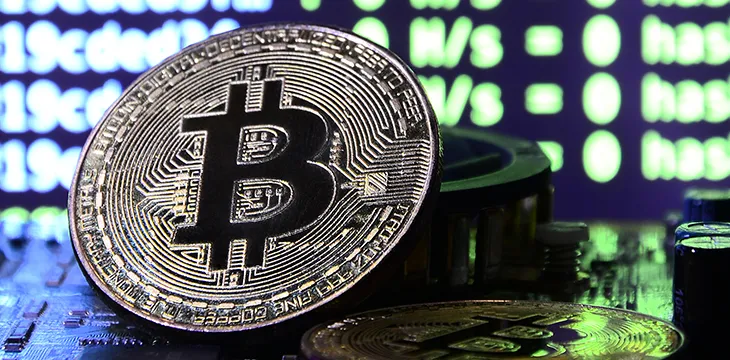|
Getting your Trinity Audio player ready...
|
Cryptocurrency miners in central Washington State can expect to pay as much as 50% more on the energy bills, after a ruling from public utility commissioners in one district.
Commissioners at the Grant County public utility district (PUD) in Washington agreed to apply the levy, which it claimed was to protect its 46,000 core customers from the “risks” of cryptocurrency mining activities.
The move will see cryptocurrency miners and other businesses falling within the scope of so-called “evolving industries,” move to a higher rate tariff for their energy costs than they pay at present, at up to a 50% premium over the duration of the scheme. The new rate will take effect on April 1, 2019.
“Starting April 1, cryptocurrency miners and other ‘evolving-industry’ firms will pay the first of a three-year, graduated increase to a new, above-cost electric rate designed to protect Grant PUD from risk and preserve below-cost rates for core customers…At this time, all Grant PUD customers in the evolving-industry profile are miners of cryptocurrency, including [SegWit], each with very high energy demand,” the Grant PUD wrote in a blog post.
The utility district noted that it has been receiving new service inquires for more than 2,000MW of power since summer of 2017, which is “more than three times the electricity needed to power all Grant County homes, farms, businesses and industry. Approximately 75 percent of those requests are from cryptocurrency miners.”
According to the notice, the decision came after more than a year of research and consultation, including with cryptocurrency firms and members of the public in the district.
Known to be an energy intensive process, the issue of BTC mining and environmental sustainability has become an increasing talking point. If the Grant County model proves successful, it’s reasonable to assume the idea might catch on.
Addressing cryptocurrency miners who had attended a meeting to hear the verdict, Commissioner Tom Flint said that as an unregulated, high-risk business, it was only fair that cryptocurrency miners paid more for their energy.
“Your industry is unregulated and high-risk…This is the best way to ensure our ratepayers are not impacted by this unregulated, high-risk business,” Flint reportedly told the cryptocurrency miners present during the meeting.
The news will come as a blow to cryptocurrency miners in the state. But given the hardline approach of the commissioners, it looks as though they will have little option but to stump up.

 07-02-2025
07-02-2025 





